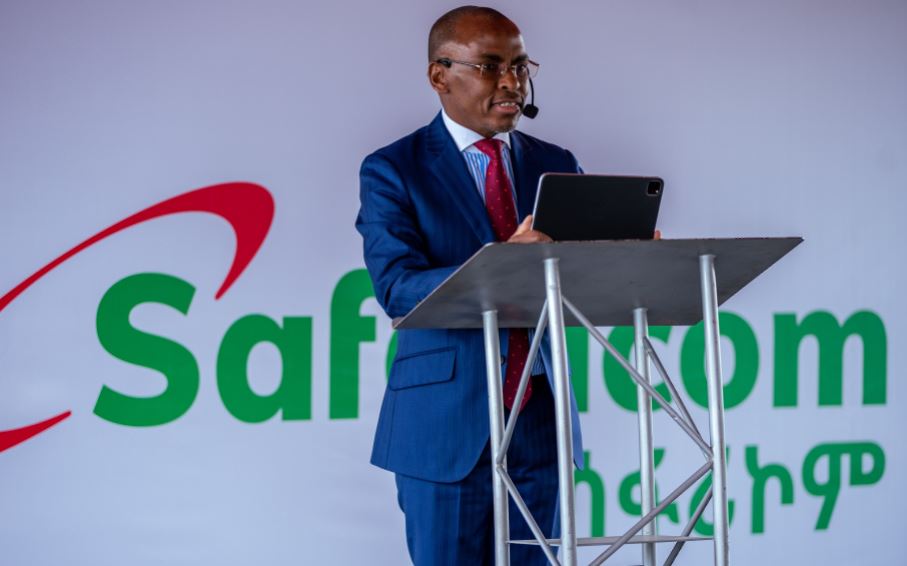Safaricom cuts down Paybill charges

Safaricom has announced a reduction in charges for Paybill and business-to-customer tariffs.
Safaricom Chief Executive Officer (CEO) Peter Ndegwa said the new move was arrived at due to the current hard economic times facing Kenyans.
“In our role to continue supporting the economy and stimulating growth, we have taken the initiative to reduce significantly our Paybill and business-to-customer tariffs.
“This move reaffirms our commitment to support all our customers and enable them cost-effectively get along with their lives, especially at this time when most Kenyans are experiencing hard economic times,” he said.
The new changes have also decreased bank-to-M-Pesa charges by 61 per cent and M-Pesa-to-bank transaction fees have been reduced by 47 percent as earlier communicated by the Central Bank of Kenya.
Transactions below Ksh100 will remain rated zero.
The new tariffs will take effect on January 1, 2023.
Safaricom airtime
The reduction in Playbill charges comes days after the telecommunication firm reduced PostPay prices for airtime and data amid fierce competition from its rival, Airtel.
In a statement on Monday, December 5, 2022, Safaricom said it was reversing a price increase that was implemented in July 2021.
The move is set to see customers on PostPay and All-in-One plans customers enjoy lower prices.
The revised pricing will see the Go Monthly 1K plan go for Ksh1,000, down from Ksh1,050.
The 2K plan will go for Ksh2,000 down from Ksh2,100 while the 3K plan will go for Ksh3,000 down from Ksh3,150.
The 5K plan will go for Ksh5,000 down from Ksh5,200 as the 10K plan will now go for Ksh10,000, down from Ksh10,430.
All Go Monthly customers will enjoy free 2GB YouTube every month.
“By consolidating our monthly plans, we seek to simplify our product offering while enabling our customers to enjoy a digital lifestyle in an affordable manner,” CEO Peter Ndegwa said.
The Safaricom CEO also said that Go Monthly customers will be able to use their minutes to call across all local networks as well as China, India, USA, and Canada.
Ndegwa further disclosed that Safaricom was also planning to introduce a device bundling option that will enable Go Monthly customers to acquire 4G and 5G smartphones via a monthly repayment plan inclusive of data, voice and SMS bundles.
Safaricom’s dominance of the voice market plunged to a two-year low while that of its rival Airtel rose to a record high – according to information recently released by Communications Authority (CA).
The report by CA showed that Safaricom’s dominance of the market fell to 64.2 per cent in the three months ended September, a 1.9 percentage points drop from a similar period that ended June.
The report by CA also showed that Airtel grew its share to a record high of 33.7 per cent, a rise of 1.6 percentage points from the three months that ended June as the telco rode on lower tariffs and as a result ate into Safaricom’s dominance.
The CA report also showed that customers spent 12.14 billion minutes on Safaricom’s network in the period under review, a 4.36 per cent drop from 12.69 billion minutes in the three months that ended June.
Airtel callers spent 6.36 billion minutes, a 3.8 per cent rise from 6.13 billion minutes in the three months ended June.
Safaricom’s dominance has been falling from 70.4 per cent in December last year to 67.8 per cent in March.
CA attributed the drop in Safaricom’s dominance to the cheaper calling rates offered by its rivals.












